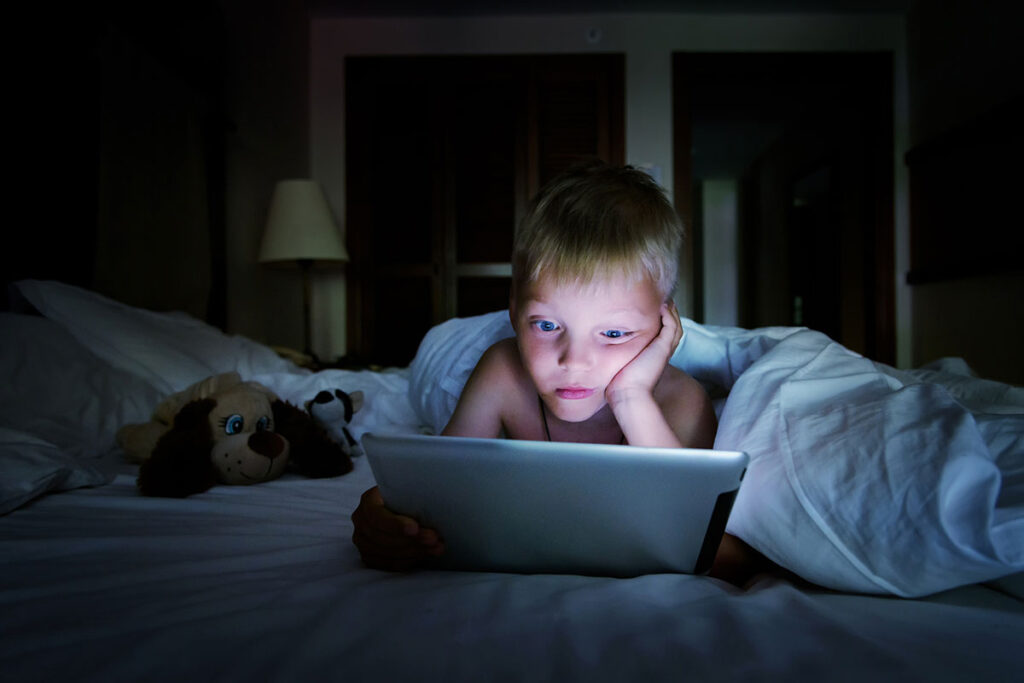I imagine your children are asking questions about what’s going on in the news or in the city. If they’re anything like mine, they pick up on every little thing you say or what they’re hearing at school. They might be asking about what ICE is, or wondering even why everybody seems more tense. They might not be able to put their finger on it, but children can often perceptively know when something is going on.
The tough job of a parent is to help our kids understand their world without being afraid of it. Here at MQA, one our core values is respecting humanity. I’ll warn you now that this advice would work best for families who are feeling worried about those going hungry, those whose identities aren’t being honored, and those who are being deported. If those are the issues close to your heart, this will probably be most useful to you.
Whenever I talk to children about tough topics, the first consideration is to find out what they already know. For instance, if a child asked me, “What’s ICE?” I’d make sure they didn’t mean frozen water! That can be as simple as saying, “What do you think it is?” or “What have you heard about it?”
You also want to be thoughtful about the emotional maturity level of your child. Think about how well your child can handle nuance, and consider not giving them a problem to think about that will feel too big for them.
Another consideration is, what is the child’s developmental level? Not their age, but the mental age at which they interpret the world. I am a strong believer that all children deserve information in a language they can understand. Their developmental level will help you craft your message.
The final consideration is what do they need to know? They may not need to know the details, the how, or the why, but you want to be clear about your message and what values you want to instill in them.
Let’s talk through an example. My own child asked me why I attended a protest. Their mental age is five years old, but they have a strong vocabulary, they have good emotional regulation skills, and we come from a Mexican family which impacts what they need to know. So, I told him something like this…
In our country, there’s lots of different ideas about what’s right or wrong. When we disagree, we can do things like protest to show that we believe in something really strongly. Right now, we are protesting because there’s people, like you and me, that aren’t being treated fairly.
Naturally, he asked, “Why?” I continued.
Some people don’t like to share. They think that we might run out of good things, and so sometimes they decide to pick on someone. We know that there’s always enough for everyone and that it’s more fun to share than to keep things for ourselves, right?
My little guy was satisfied with this answer and spent some time playing with our protest signs. What he really needed to know is that his parents were acting on their values, and that’s something that he can do, too.
Ok, so what if your child does get a hold of some really scary details? Do you pretend it’s not happening or tell them everything?
One of our family values is honesty, so we would tell a version of the truth that respects their developmental age, emotional maturity, and their need to know.
For instance, if your child asked you, “Are people being kidnapped in the street?” or “Are lots of people going to go hungry?” or “Can you get in trouble for being trans?” You could say something like…
That happens sometimes. It makes me really sad when it does. How does it make you feel?
That’s the second job of an attuned parent: being curious about what this all means for your child. Your messaging is key, but how your child feels about it is the real discovery. We can treat a child’s feelings just like that; as a discovery; something to describe and be curious about, not a thing to fix. The truth is that the world CAN be scary, and sometimes we DO feel heartbroken and sad. In any political climate, that’s a reality. Sitting with your child for that moment sets them up for the long-term job of sitting with their own feelings. In unprecedented times, that’s an incredibly valuable skill.


